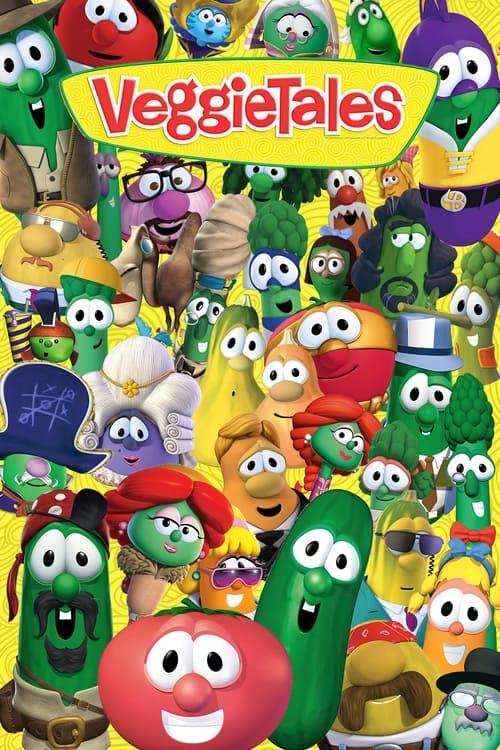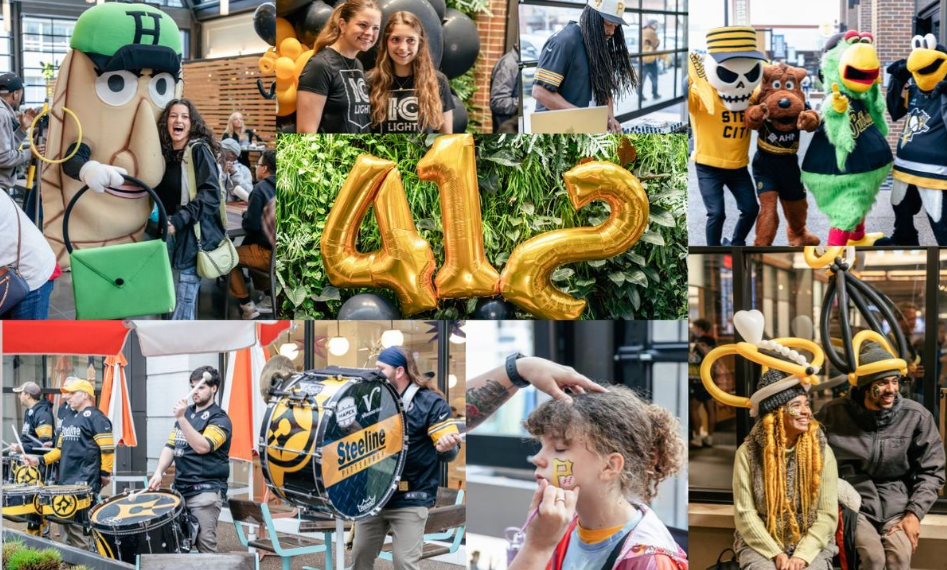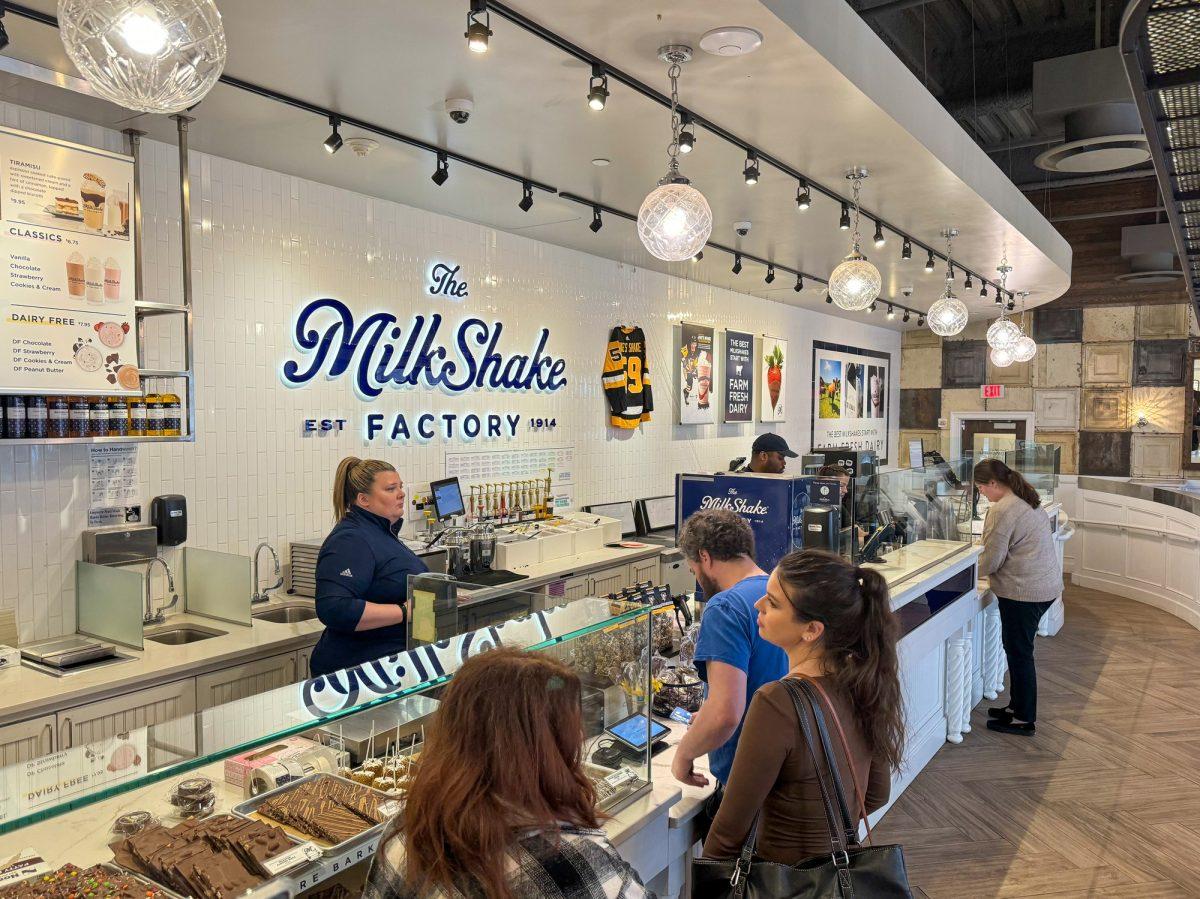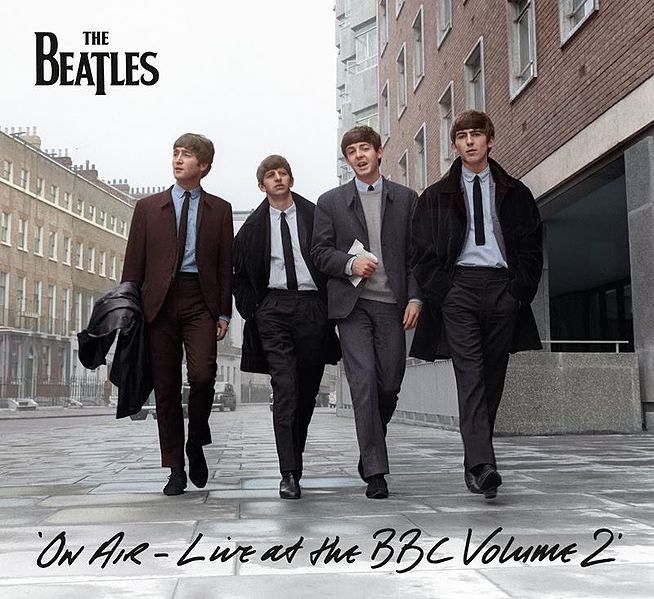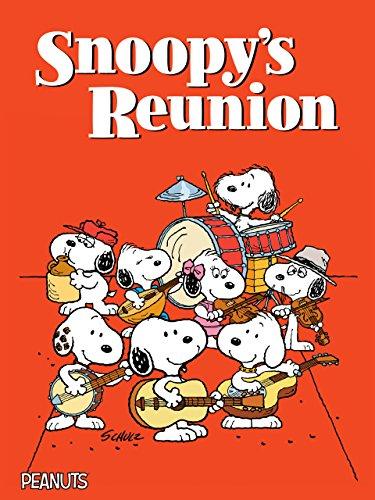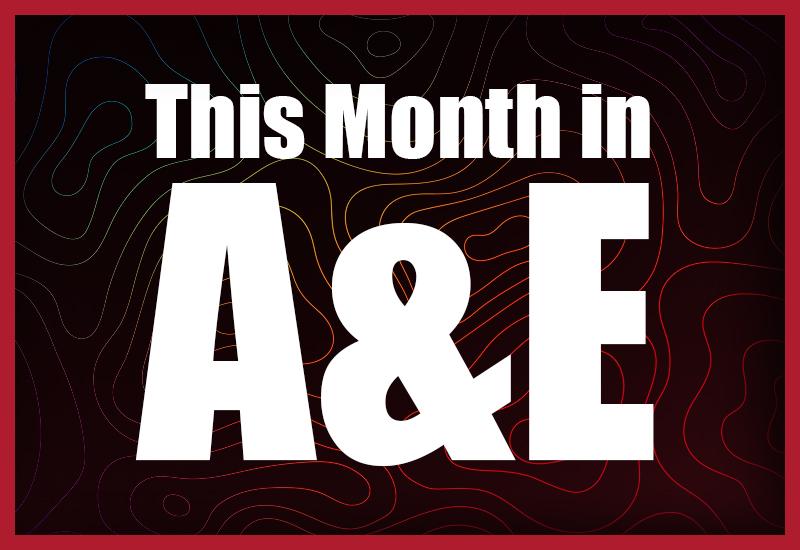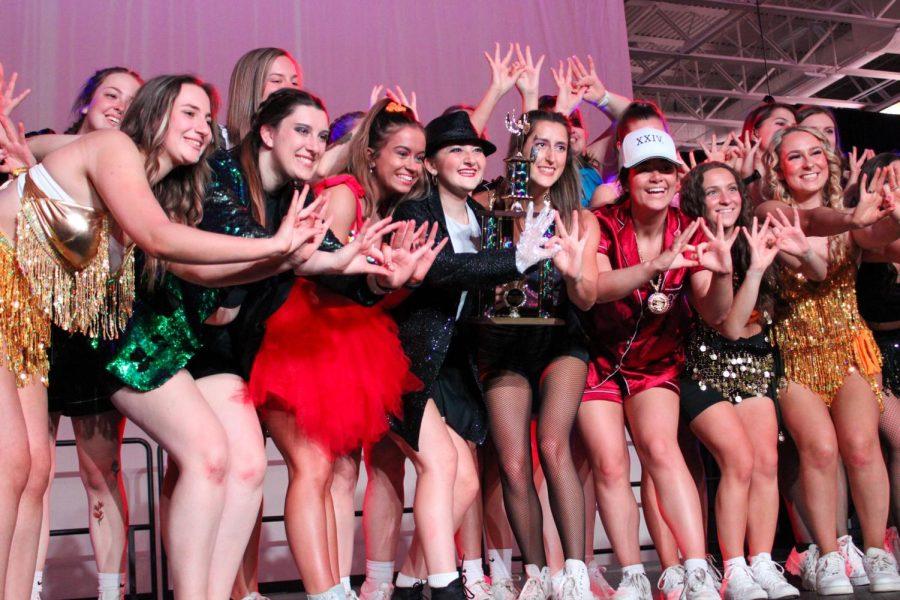VeggieTales is a biblical cartoon created by Phil Vischer and Mike Nawrocki. The first episode, titled “Where’s God When I’m S-scared,” aired on VCS on December 21, 1983. Over the years, VeggieTales produced two feature films, and three shows, and concluded in 2021. As someone who holds VeggieTales dear to my heart, I have decided to rank my top 10 favorite episodes.
Honorable Mentions:
Madame Blueberry (1998):
“Madame Blueberry,” tells the story of an ungrateful Blueberry who learns the true meaning of gratefulness. The episode’s simplicity and digestible narrative make it enjoyable. Larry the Cucumber stands out with his hilarious gags. Interestingly, this is the first show in the series that doesn’t feature a “Silly Song” in the middle. Instead, it includes “His Cheeseburger,” a love ballad about a cheeseburger sung by Mr. Lunt.

Larryboy and the Bad Apple (2007):
In Larryboy’s third adventure, he confronts the Bad Apple, who attempts to take over the city of Bumblyburg through temptation. This show marked the first release of “VeggieTales” on DVD. The animation is fluid, and the voice acting is superb. Additionally, the end song is fantastic and worth sticking around for.

10: Dave and the Giant Pickle (1996):
In the fourth episode of the series, the story retells the story of David and Goliath. Introducing David Junior as the smallest character in the show was a clever move. The ongoing jokes with the French Peas stole the spotlight whenever they appeared. The episode carries a great message for kids, emphasizing that no matter how small they may feel, they can achieve great things. It also includes a very funny Silly Song, making it a great starting point for anyone interested in the show.
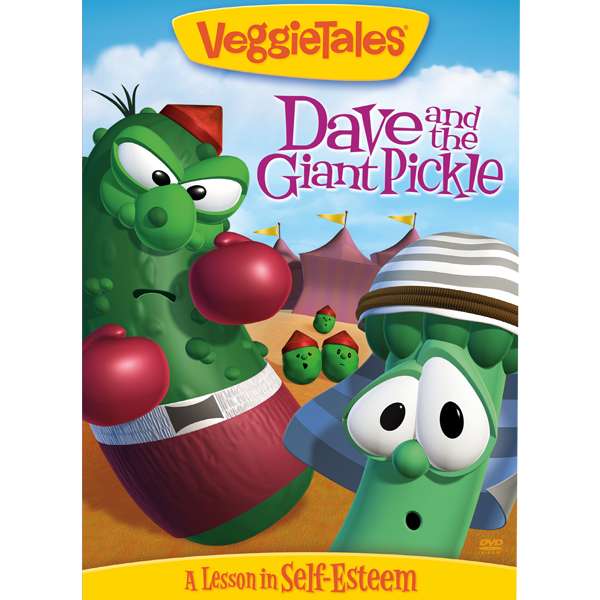
9: Sumo of the Opera (2004):
This episode notably does not feature Larry on the counter with Bob, with a puppet named Lutfi taking Larry’s role and helping Bob teach the lesson. It begins with a story about St. Patrick and a parody of The Three Stooges. The main story offers a glimpse into the challenges faced by Big Idea Productions, as the company responsible for “VeggieTales” was going through bankruptcy during its production. Notably, this episode set a record for the most animators involved, with 26 in total. All three stories convey the theme of perseverance, and the final story parodies the Rocky films. As one of my personal favorites, I won’t spoil anything, but it’s definitely worth checking out.

8: Jonah: A VeggieTales Movie (2002):
In simple terms, this movie tells the biblical story of Jonah using vegetables as characters. It’s a very funny film that simplifies the story for easy understanding. The Pirates Who Don’t Do Anything provide some of the best moments. The soundtrack is excellent, and the scenes set in Nineveh are well-done. Interestingly, the movie uses a newer philosophy on the story of Jonah, suggesting he doesn’t learn his lesson. It emphasizes the importance of forgiveness as a means to become a better person. With a runtime of one hour and twenty-three minutes, “Jonah” is definitely worth a watch.
![Amazon.com: Jonah - A VeggieTales Movie [VHS] : Phil Vischer, Mike Nawrocki, Tim Hodge, Lisa Vischer, Dan Anderson, Kristin Blegen, Shelby Vischer, Jim Poole, Ron Smith, Sarah Catherine Brooks, Paige Craig, Adam](https://m.media-amazon.com/images/I/518YHGS40QL._AC_UF1000,1000_QL80_.jpg)
7: Larry-Boy! and the Fib from Outer Space! (1997):
As a child, this episode actually gave me nightmares due to the intimidating Fib character, particularly when it tries to eat Larry-Boy. However, revisiting it years later, it’s a cute little story. Larry-Boy’s first adventure involves helping Junior, who decides to lie about breaking his dad’s plate instead of facing the consequences. The lie quickly escalates, and the episode explores the consequences of dishonesty. The personification of the “Fib” as an ugly monster that grows and grows is a clever idea. The score in this episode has a grand scope, and the introduction of more booming voices adds depth. Notably, the song performed by Nicole C. Mullen as Larry-Boy’s theme may be one of the best songs from Big Idea Productions. If you skip this episode, be sure to listen to the song.

6: Rack, Shack, and Benny (1995):
This episode tells the story of three brothers—Rack, Shack, and Benny—who work at Mr. Nezzer’s bunny factory. It serves as a great episode for teaching young kids how to behave when their parents aren’t around. One of the highlights is the Bunny song, although the original version had to be changed due to concerns from parents. Some lines in the song were interpreted as encouraging disobedience, leading to letters from concerned parents, such as one who claimed their child sang, “I won’t go to church, I won’t go to school” in the grocery store. This episode marks a turning point in the series, as it introduces a broader scope. It’s definitely an episode worth watching.

5:Larry-Boy and the Rumor Weed (1999):
This episode is the last one before the release of the “Jonah” movie, and you can really tell when you watch it. The backgrounds are beautiful, and the characters stand out on the screen. The score is great, and the jokes are improved. Alfred, one of the standout characters, carries the show as Junior once again finds himself in trouble. This fast-paced episode retains its momentum throughout and feels like a miniature movie. For those interested in notable moments from Big Idea’s history, this episode is a must-watch.

4: The Ballad of Little Joe (2003):
In this episode, the story of Joseph and his coat of many colors is reimagined as a Western. It covers the familiar points of the story but with the citizens of Dodgeball City and Joe learning the value of forgiveness. One of the best parts of the episode is “The Boyz in the Sink,” which may be the best Silly Song in the entire series. You don’t want to miss it.

3: Esther: The Girl Who Became Queen (2000):
This episode stands out as the most cinematic in the series. As someone who didn’t watch it as a child, it surprised me with its quality. The story follows the biblical account of Esther but reimagines it as a mafia story, with inspirations from The Godfather. The music, composed by Kurt Heinecke, perfectly captures the scope of the narrative, generating a sense of stress during critical scenes. This episode not only provides a great story for kids but also delivers a fantastic message, particularly for girls. The narrator, Eric Metaxas, delivers an outstanding performance. If you’re looking for a compelling story filled with humor and valuable lessons, this episode is a must-watch.

2: Moe and the Big Exit (2007):
First and foremost, this episode holds a special place in my heart because it was a gift from my grandmother, and we used to watch it together frequently. The story is great and revolves around Moses and Aaron. Returning to Dodgeball City, the episode follows Moe, who gets himself into trouble because his family’s workers need to paint the Grand Canyon. It conveys a valuable lesson for kids about the difficulties of doing the right thing and facing hardships. The episode also emphasizes the importance of teamwork. The backgrounds are beautifully designed, possibly the best in the series. The addition of musical help from Narrator Babe Humphrey and Kurt Heinecke elevates the episode even further. Be sure not to miss “The Boyz in the Sink,” as it features some of the best songs, laughs, and messages in the entire series.

1: Minnesota Cuke and the Search for Samson’s Hairbrush (2005):
This episode tackles the issue of bullying. In the first part, titled “Bully Trouble,” we see the problem from a child’s perspective and learn the importance of sticking together with friends. Junior has to learn this lesson from his dad. The silly song in this episode, “Pizza Angel,” is another love ballad that you have to check out. In the second part, Minnesota Cuke explores bullying from an adult’s point of view in a parody of Indiana Jones. Once again, the music, writing, and jokes are all excellent. I won’t spoil anything, but this episode is a must-watch.

These ten episodes, along with the honorable mentions, have made VeggieTales a significant part of my life. I highly recommend checking out these episodes for a mix of humor, valuable lessons, and memorable songs.



